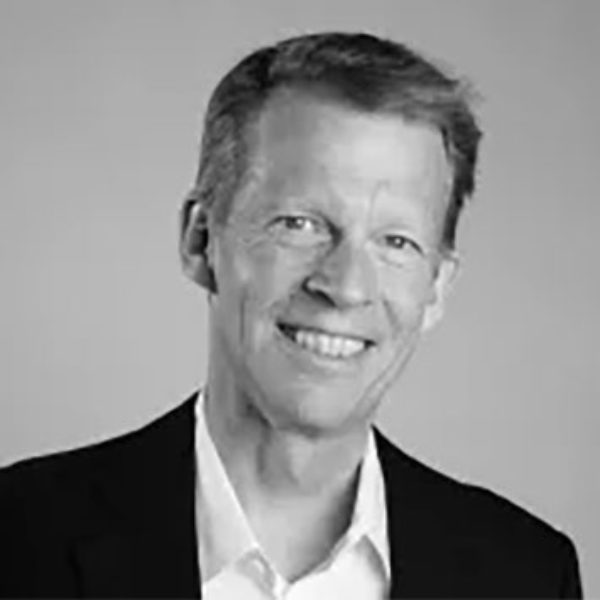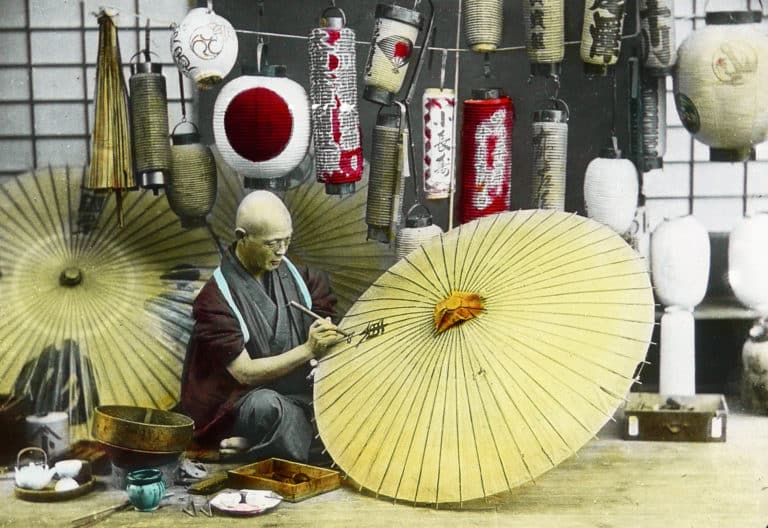
Image by Ben Raynal/Flickr, Attribution-NonCommercial.
The Journey of Transformation
Transformational change is different from either developmental change or transitional state change.
In developmental change, we grow by adding or developing new skills or by learning new things that will take us to where we want or need to be. With developmental change, we learn new things and grow, but our understanding of ourselves and the world that we are a part of has not necessarily changed.
In transitional state change, a framework commonly used in strategic planning, we assess where we are today and where we would like to be in the future with as much clarity and specificity as possible. We then look at the gap between where we are now and where we’d like to be, and then go about the business of “closing the gap.” Here too, our understanding of ourselves and the world does not change. In fact, transitional state change is most successful when there are no surprises to how we see and understand ourselves and our world.
Transformational change, however, occurs when our foundational understanding of ourselves and the world around us significantly shifts. A transformation occurs when we go beyond the bounds of our current understanding and awareness. We cannot think our way through this change; we have to experience our way into it.
While there are many models to describe the phases of transformational change, we will rely on the graphic representation presented below. This graphic was developed using the research, wisdom and experience that underpins similar models of transformation and transition that come from William Bridges’ work on human transitions, Otto Scharmer’s Theory U efforts, Joseph Campbell’s “Hero’s Journey,” and my own 15-year experience guiding people on Western contemporary solo fasts or “vision quests.” In many ways, this graphic is a meta-model of the different, valuable expressions of the human experience of transformation.
The journey of transformation begins with an event in one’s life sometimes referred to as “The Call.” This event occurs as if life, or our soul, is trying to reach out and grab our attention. It can arrive subtly, as if something has been stalking us for some time in an attempt to get us to see it. Or it may come as a sudden event, unpredicted and possibly unwanted. In any case, the Call offers us an opportunity to lean into the unknown and to explore the unforeseen. It is a portal to adventure that lies ahead filled with opportunities for shedding our old growth, discovering aspects of our lives and of our selves, and the potential for a more fulfilling life yet to be lived.
Some examples of the call are easy to recognize. A job is lost, and with its passing, we’ve lost a part of our identity. Perhaps even our sense of belonging is now in question. Or maybe we know that the job and responsibilities we have, however significant and rewarding they may be, will soon come to an end, and what lies beyond remains a mystery. We’ve outgrown our position and yearn for something more.
Sometimes, our worst fear comes true: the enterprise for which we have labored so hard and so long needs to close. And with that, the implicit dream seems to be dying. Sometimes, the call is an awareness, grief, or longing present in one’s life with a sensibility that seems to speak:
“This isn’t the life I’m mean to live. There’s something more!”
Or even:
“I have, in fact, been following the instructions in the Life Manual. And while I can see I’ve been successful in a number of ways, I still feel like I’m missing something, and I don’t know what to do!”
When we experience, feel, or sense the sudden break in our own lives’ trajectories, we hear the Call.
It’s human nature that when the Call comes, we may at first refuse to heed it and step into the mystery and uncertainty that lies ahead. Why would anyone take such a risk? As we refuse the opportunity, we try our best to enrich and maintain our current lives without taking on too much risk or uncertainty. And yet, somewhere inside of us knows something that we cannot become unaware of any more. The Call will relentlessly continue until it awakens something inside of ourselves that leads us toward our first steps in the journey of transformation.
As we heed the Call, we step over the threshold, marking our journey into the unknown. This threshold is both a movement into mystery and the movement of leaving home and the familiar surroundings of our life.

Ahead lies adventure, and a series of learning journeys and trials. It’s a journey into the underworld — of death and dismemberment, and of letting go — during which we’re shedding parts of ourselves that no longer are of service to us. The invitation at each opportunity along this part of the journey is to lean in and say “yes” to whatever comes our way.
In normal situations, we might choose to avoid these risky situations, or to somehow think our way through, or find our way over and around them. In fact, familiar voices all around us today remind us to “get over it!” or “get on with it,” or “just do it!” Through the Descent, as we say “yes” to the unknown, as we lean into the grief and longing that we carry in our lives, we are in fact saying “yes” to life itself as the journey of transformation continues.
As we descend, we have the opportunity to let go of all that is not vital. We are in a time of shedding, ending, and clearing away that which has been of service somehow in our lives, but is no longer of use. We honor these endings.
As we continue, we are now stepping into a place of stillness and reflection as we plumb the depths of our experience. In the solo-fast or quest experience, this is the time of the “solo.” It is also referred to as the “ordeal” or time “in the cocoon.” We’ve come through the time of death and dismemberment, and of letting go, and are yet to step firmly in the new beginning. William Bridges refers to this experience as time in “the wilderness.”
It’s as if we are swinging on the grand trapeze. One hand is held firmly on the rung of our current life, and as we wing out, we know that there is another rung — our future life — swinging toward us. We’d love to have our open hand holding the new rung before we let go of the old one! Yet it is often the case that we can’t know the solid ground of that new beginning before we let go of the old handle on our lives and enter that space of in-between.
This phase at the bottom of the U is the time of not knowing. Like the caterpillar entering the cocoon, we are no longer our old selves, nor are we the butterfly that is yet to come. We are the imaginal buds that hold what is most essential while also carrying the seeds of what is yet to blossom.

As we continue with our journey of transformation, we leave the solo-time with the insights and gifts that follow an intimate and vulnerable experience of retreat and reflection. We cross another threshold as we commit to bringing these gifts into the world and our insights to life. In crossing this threshold, we’re making, as David Whyte challenges, “a promise it will kill you to break.”
We step more fully now into the new beginnings of our life, as we’re meeting the world as it is with fresh eyes and a new stance from which to engage the world. We’ve grown in self-awareness and are now on a discovery-oriented path with life, as we try to bring our new insights to life, seeing life anew from our new center of gravity.
By standing close to our passion and a new sense for our place in the world, we strive to bring forth our own unique expression of voice, artistry and leadership. We’re coming forth in life as much as we’re on the road back to “home.” We are constantly learning by being and doing.
“Being” in this new center of gravity comes with a revitalized sense for who we are and our inherent belonging in the world. It also involves “doing” in ways that hone our ability to do the work that’s ours to do, in ways that are genuine and of integrity for who we are, and aligned with our new sense of identity. We’re pursuing a life well lived, having come through the journey of transformation.

